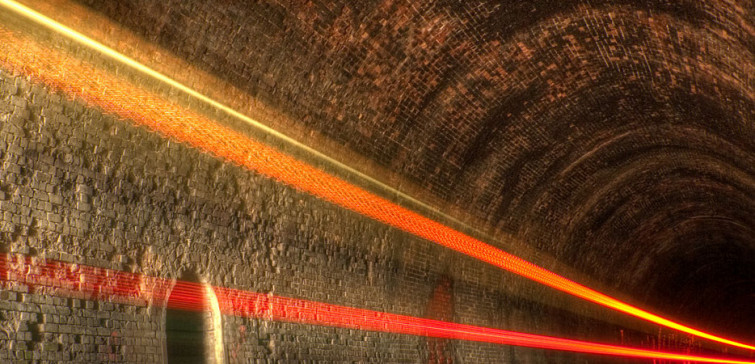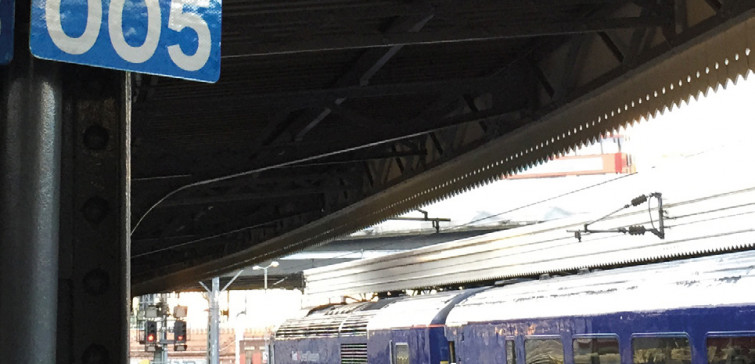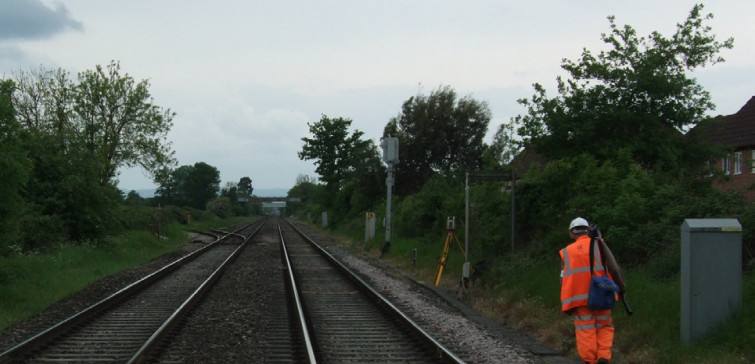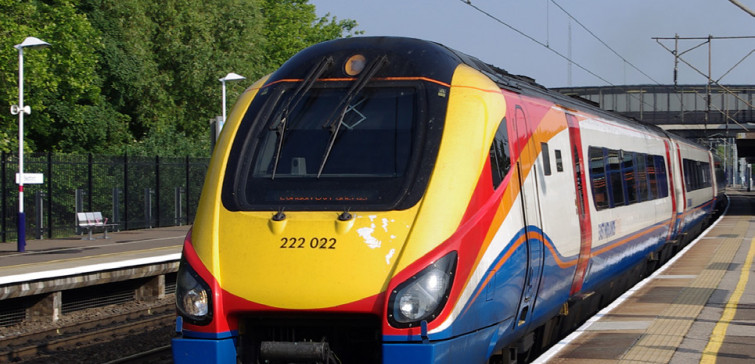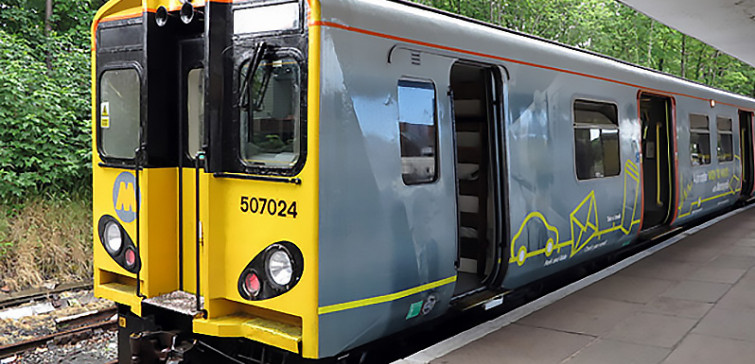Railway communications system (GSM-R)
Global System for Mobile Communications-Railway (GSM-R) ensures digital secure and dependable communications between drivers
and signallers.
Delivering significant benefits across the industry and already helping to reduce delays, the GSM-R System is increasing safety, improving performance and providing better passenger experiences throughout Britain’s rail network.
The GSM-R System is also enabling us to build the railway network of the future: modern, sustainable and digitally-enabled. We’re making good progress towards delivering increased capacity and lower running costs.
The GSM-R System was phased into service across Britain’s rail network between 2007 and 2014. It required the renewal of the entire lineside telecoms network that supports the railway network’s daily telecom needs. It is already a major achievement however, the ongoing success of the GSM-R System depends on the continual commitment and collaboration of all users.
Future enhancements to the system include a software upgrade supporting the roll-out of ERTMS (European Rail Traffic Management System).
More information can be found at http://www.networkrail.co.uk/gsm-r/
Railway communications system (GSM-R)
Deploying new systems onto existing infrastructure and trains in an efficient and effective way and doing this without adversely affecting live operational railway functionality and daily performance is a constant challenge facing rail infrastructure owners and train operators alike.
Network Rail has developed a strong track record in delivering new, industry wide systems under these circumstances and the delivery of the GSM-R digital mobile radio system is no exception.
More information can be found at http://www.networkrail.co.uk/gsm-r/
Railway communications system (GSM-R)
We can help you:
Increase your safety performance
As well as improving safety for drivers, maintenance teams and passengers, the GSM-R System is helping Routes and Train Operating Companies to deliver a safer network. We’re now achieving faster responses to potential hazards and we’ve eliminated the need for drivers to exit the train in the event of a problem - plus, we’re reducing trackside maintenance
Prepare for a digital future
The GSM-R System is enabling us to create a modern, digitally-enabled railway network. This will cut your operating costs and give stakeholders more value.
Improve performance
Increased reliability and punctuality includes a forecasted 30 per cent cut in delays due to poor railhead conditions. The GSM-R System’s enhanced diagnostics are also improving our remedial actions that are designed to avoid incident repetition.
More information can be found at http://www.networkrail.co.uk/gsm-r/


